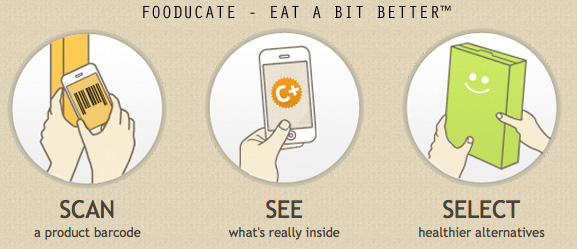Every year since the mid 1990s, an increasing number of farmers have adopted the use of GM (genetically modified) plants. With the world population currently topping 6 billion people and predictions that that figure will double in 50 years, some think GMO (genetically modified organisms) are the answer to ensuring an adequate food supply. But are they safe? The hosts of the Emmy Award-winning syndicated daytime talk show THE DOCTORS address the controversy surrounding GMOS (genetically modified organisms) on Friday, April 20 (check your local listings).
What are GMOs?
As it relates to agriculture, GMO technology is an FDA-approved, patent-protected process that creates food crops that are resistant to commercial herbicides, are able to produce pesticidal proteins from within the plant, or they do both. In the United States, more than 90% of all corn, soybean and canola oil come from GM corn, soybean and rapeseed plants, meaning that all products using those oils have GM ingredients.
The FDA has approved the GMO process, but the scary thing is that the long-term effects of consumption are unknown, AND farmers and manufacturers are not required to label GM foods.
What do THE DOCTORS recommend?
THE DOCTORS suggests buying organic produce whenever possible. Use the PLU sticker as a guide—a five-digit code beginning with “9†is organically grown, while a four-digit code starting with “4†is a conventional, or potentially a GM product.
For packaged foods, check out an app called Fooducate, which scans barcodes and provides an overall “grade†for a particular food. It also provides product highlights (good and bad) as well as a comparison to similar items, equipping the consumer with enough information to make a decision on his/her own.
All information provided by MPRM Communications

